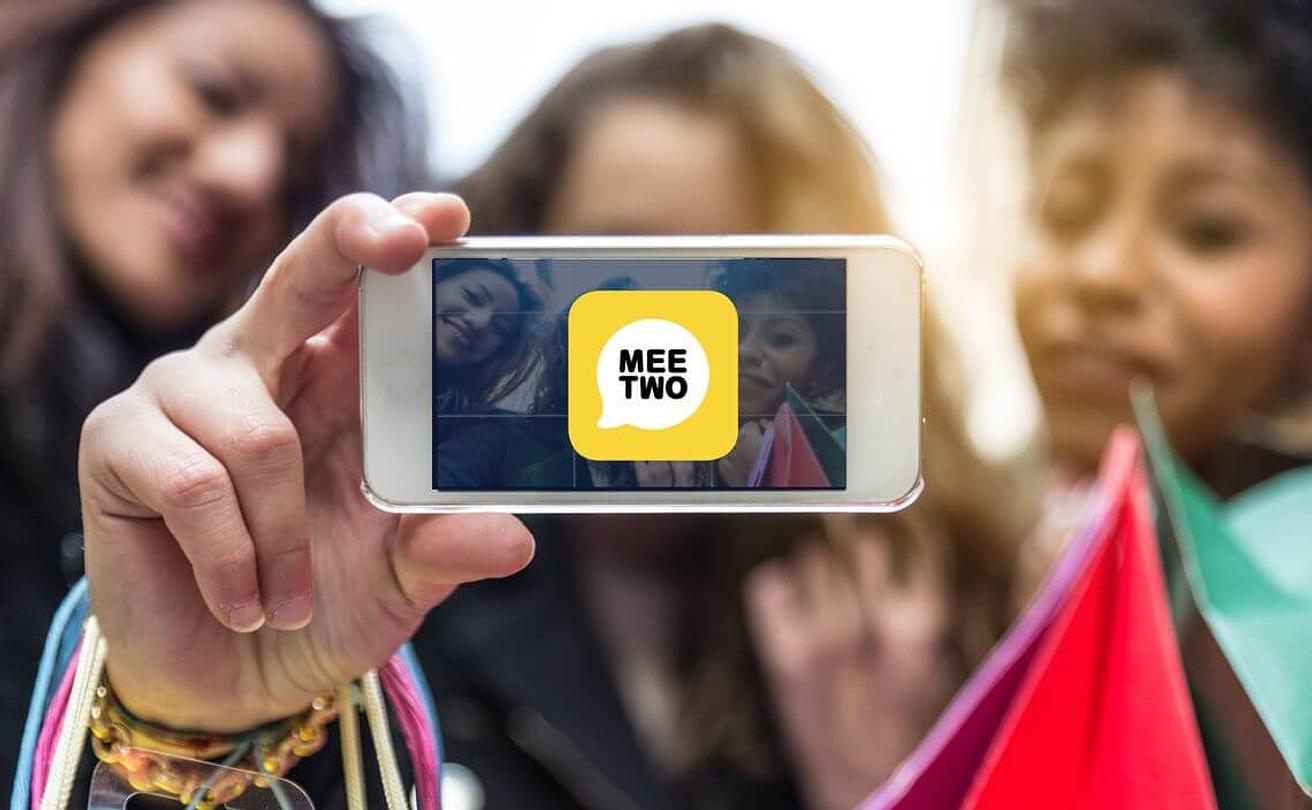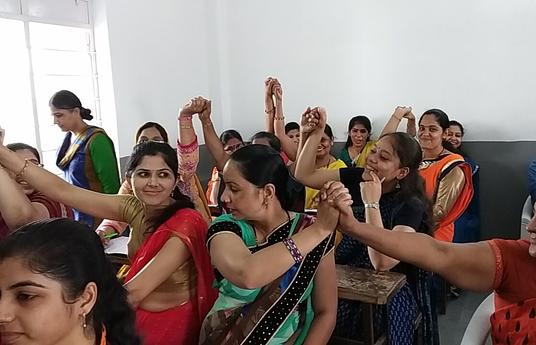Technology is usually the bad guy in any story about mental health. But what if, instead of damaging young people’s mental health, an app could boost wellbeing and resilience?
Smiling Mind and MeeTwo are apps developed to help young people cope with the pressures of adolescent life in healthy ways. Both have now been recognized in HundrED’s Global collection for two years in a row.
Smiling Mind is an app that supports staff, students, and parents to live more mindfully. Smiling Mind recognizes that wellbeing is essential to learning, so they use simple and effective mindfulness practices to improve learning, engagement, and overall wellbeing.
“We can’t underestimate how fundamental the skills that mindfulness can develop are in the learning process,” Dr Addie Wootten, founder of Smiling Mind, explains. “Mindfulness helps students develop the very skills that promote better mental health and school engagement, as well as foundational skills of attention and concentration. Not only are these skills essential for learning but they prepare our children to better manage with work-life challenges in the future.”
While Smiling Mind draws on a rich history of mindfulness meditation, the MeeTwo app draws inspiration from some of the more positive aspects of social media (a side of social media we rarely hear about). The app allows young people to post their problems, share solutions, access educational resources and receive expert help. Yes, there’s plenty of expert advice already floating around on the internet. But here, young people get to both give and receive support, in the form of a moderated peer advice model.
Suzi Godson, co-founder of MeeTwo and a sex and relationships columnist for The Times newspaper in the UK, initially envisaged MeeTwo as a way for young people to get safe text-based advice and information about private or awkward issues that they felt uncomfortable getting help with face to face. But when she and co-founder Kerstyn Comley piloted the app in secondary schools, they found there was a demand for much broader support.
“We learned so much during that pilot and we went back to the drawing board and came up with the MeeTwo app, a free, fully moderated peer support app which is rooted in the principles of positive psychology and encourage young people to help themselves by helping each other.”
Why an app?
Free apps, available to retrieve from your pocket at a moments notice, are revolutionizing the way that young people can receive support.
Smiling Mind gives staff and students a structured, simplistic, and engaging way to reflect on their mental wellbeing and to learn tools to proactively take care of their mental health. Teachers don't need any prior knowledge of mindfulness, nor do they need any additional equipment. In time-strapped classrooms, these mindful moments can be an oasis of calm in an otherwise hectic schedule. The barrier to entry is beautifully low – simply open the app and press play.
Accessibility is key here. While it can be straightforward to play a mindfulness meditation, addressing complex issues like anxiety can be more of a challenge. A survey carried out by MeeTwo revealed that 54% of young people with the lowest wellbeing scores said they rarely or never had access to support and advice.
A lot is being done to raise awareness of mental health in young people. But prevention and support can be harder to come by. Under-resourced schools struggle to provide support and wellbeing services for young people in obvious distress. And that’s not to mention the young people that internalize their problems and go unseen.
“The 1-2-1 counselling model is great but demand outstrips supply,” explains Suzi Godson, co-founder. “Tech makes support scalable and the peer support model means that everyone can get the help they need, when they need it. Young people find texting easier than talking so the MeeTwo app provides support through a medium that is both accessible and familiar."
The MeeTwo app allows young people to open up in a manner not always possible in the real world. “Within the app, users choose a three-word username that is unique to MeeTwo to ensure anonymity. This enables them to ask difficult questions anonymously and that makes it easier for them to open up.”
Whether in ‘real life’ or online, young people can fall victim to negativity and bullying. But the MeeTwo app provides a joyful respite, as ever single post and reply is fully moderated before they go live.
“This ensures that the app is safe but it also enables us to ‘curate’ positivity. Young people who use the app know they won’t be bullied or humiliated. Anonymity also allows young people to escape the usual gender stereotypes and this allows boys, in particular, to be open about mental health issues.”
Exciting new developments since last year
Smiling Mind launched Australia’s first mindfulness curriculum in 2018. Using mindfulness-based lessons, schools can go beyond the app to explore these topics in a consistent way to provide practical skills and strategies for good mental health.
MeeTwo recently launched their mental help handbook. They've also received National Health Service (NHS) approval in the UK and is available to download via the NHS mobile app library. The MeeTwo team is even working to raise funds to build in AI to complement human moderation which will allow MeeTwo to support hundreds of thousands of young people, and a peer support app for parents with children dealing with mental health issues is also in the pipeline.
How to get your school involved
For more information on how to get started with these powerful apps in your school, take a look at the steps on the Smiling Mind and MeeTwo innovation pages.


